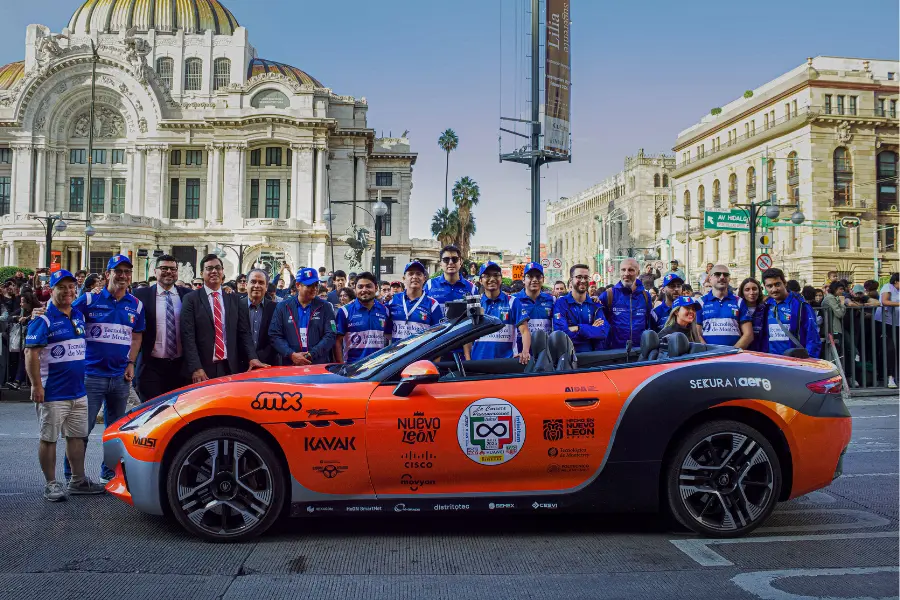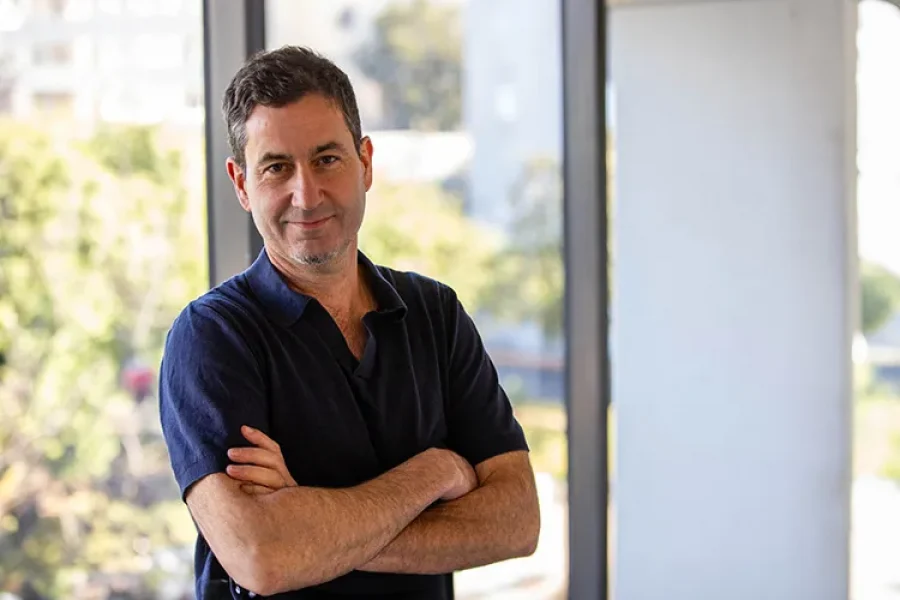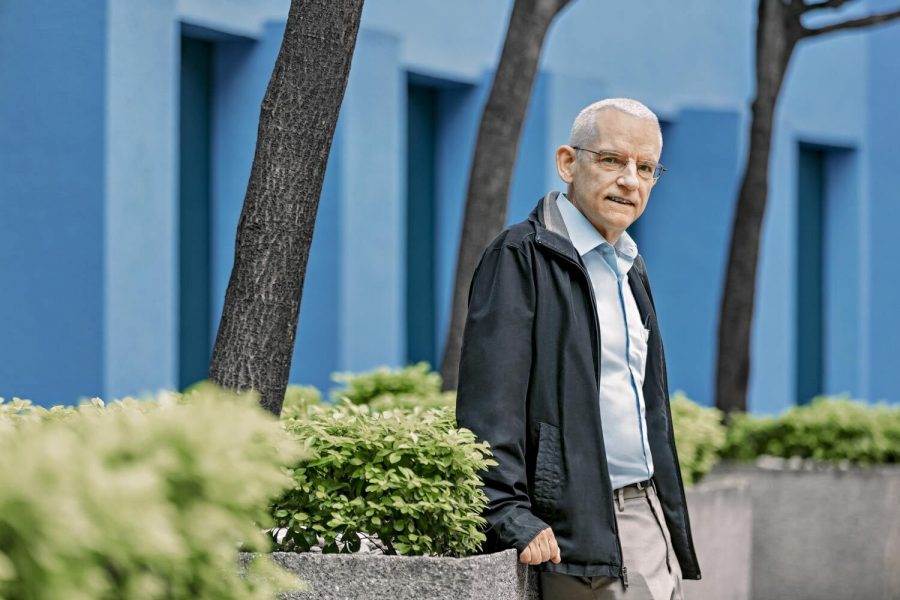Rectors from five continents gathered at the Tec’s Monterrey campus to share research, development, and ideas on sustainability.
This year, the Annual General Meeting of the Worldwide Universities Network (WUN 2023) is hosted by Tecnológico de Monterrey and will conclude on May 24th.
“WUN is like the Olympics because it brings together all continents… but the Olympics is a competition. Universities do compete: for talent, for resources. But this meeting is not about competition, it’s about cooperation. Although we compete for talent and resources, we must act and make an impact. WUN is a great platform for this impact,” stated David Garza, Rector and Executive President of the Tec, at the start of the AGM.
Several research projects were presented during the opening talk, encompassing issues such as mental health, mathematics in sustainability, and smart electromobility.
The Annual General Meeting of the Worldwide Universities Network coincides with Tec de Monterrey’s 80th anniversary celebration, in which the institution reaffirms its commitment to promoting academic excellence, innovation, entrepreneurship, and a global vision to shape better individuals and communities for a better planet.
“We’re delighted that this meeting can take place in person at Tec de Monterrey this year after being interrupted during the pandemic,” said Peter Lennie, Executive Director of WUN.

Electric cars that power the city
One of the research projects shared during the WUN AGM, led by Jesús Valdez Reséndiz, proposes using electric vehicles as an energy source for cities.
This would benefit developing countries like Mexico, which have tremendous energy demands but insufficient infrastructure.
Valdez points out that they are currently researching the technology called V2G or Vehicle-to-Grid, which would enable the transfer of energy between electric vehicles and the electrical grid.
While automobiles are parked and charging, they may assist by supplying energy to homes and businesses, particularly during peak usage hours.
“Most of the time, these large batteries are in a parking lot or on the street. We’re not utilizing their full potential; we’re only using a fraction of their immense energy storage capacity,” explains the researcher from the School of Engineering and Sciences.

According to the researcher, this technology might assist electric car owners by providing them with additional income if they enabled their vehicles to be utilized in this manner.
This study is still in its early phases, and the Tec’s electromobility researchers are partnering with educational institutions such as the University of Sheffield in the United Kingdom.
The partnership is primarily concerned with the advancement of charger technology in order to improve the efficiency of the energy transfer process.
“The impact of one electric vehicle supplying energy may be insignificant, but if millions were deployed, they would become the greatest asset to the electrical grid,” he said.














